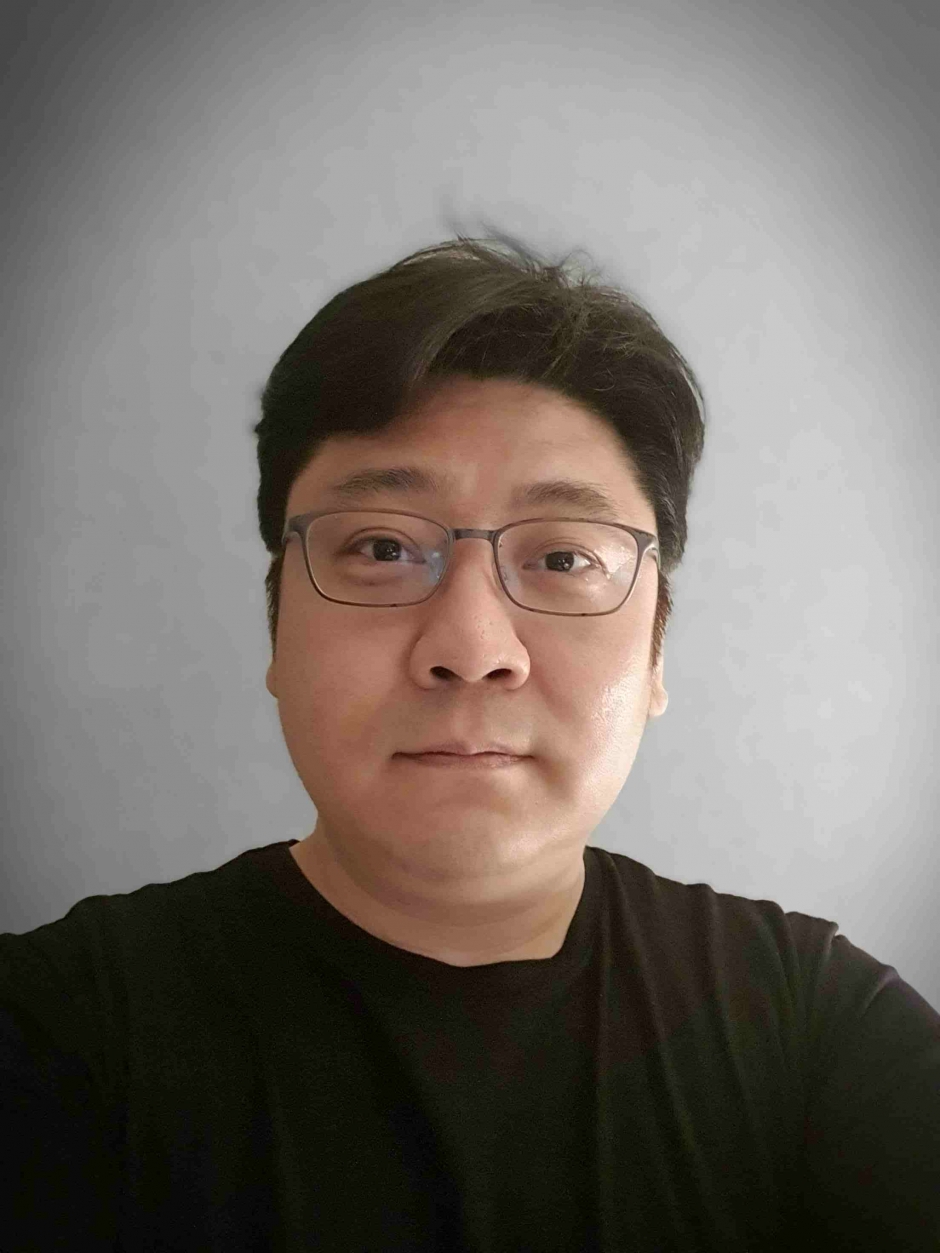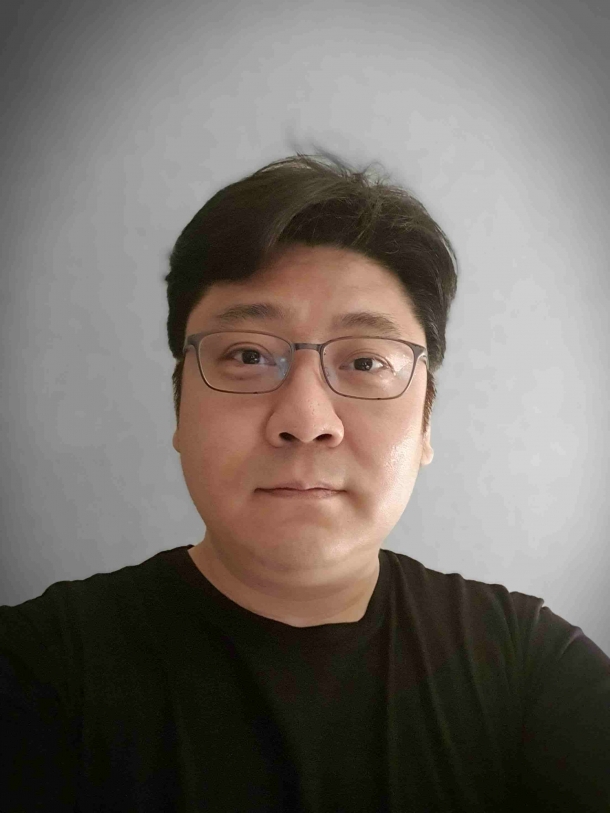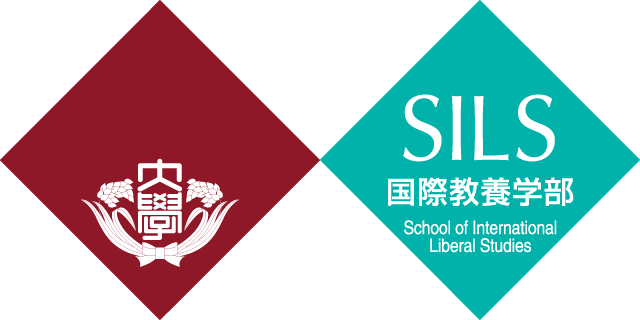- News
- 【Introduction of New Faculty Member】LEE Bong Kyu, Assistant Professor
【Introduction of New Faculty Member】LEE Bong Kyu, Assistant Professor

- Posted
- Thu, 11 Apr 2024
Self-Introduction

Hello. I will be teaching Korean Studies at SILS from the first semester of 2024. My research is mainly in the field of contemporary Korean history, and I am interested in intellectual history, focusing on social science knowledge and discourses in contemporary Korea. Based on these interests, we can learn and share in courses such as Korean Modern History of International Relations, Contemporary History of North and South Korea, Intellectual History of Contemporary Korea, and Academic Korean Writing.
The impact of intellectuals and scholars on people in modern societies has been enormous, especially in Korea, which was a post-colonial underdeveloped country seeking economic growth and modernization in the 1950s and 1960s. The social scientists who influenced people shifted their attention from the knowledge of colonial and imperial Japan to the modernization theories and social science knowledge of the United States. I am interested in critically examining these historical consequences, paying particular attention to the international knowledge networks among Korea, Japan, the United States, and other international organizations.
Recent Research Interest
In my doctoral dissertation, I examined the development and changes in public administration, business administration, and education studies in the Korean social sciences in the 1960s, with a particular focus on how the discourse of human management or human development was constructed. The social science community, which began to institutionalize academic interest in applied sciences after the Korean War, raised the issue of human and social management development as the key to overcoming backwardness and modernization in the 1960s. Management studies, for example, prepared a management discourse and a theory of labor-management cooperation oriented to the perspective of capital for a slow but steady transition to modern capitalism. In the 1960s, social scientists began to call for the “modernization” of the mind and the self so that workers, students, and the people themselves could manage and develop themselves. These developments are not only unique to Korea, but also common to the world.
Knowledge is not the property of a single country, but is global, produced by multiple actors, and changing over time. In order to understand the literatures of social science research in Korea after the Korean War in an international context, my recent research interests focus on the literatures of social science research in postwar Japan, including the Japanese intellectuals who were influential in building a discourse of resistance or dominance to South Korea. I will also look at the steady development of Korean studies research and education in Japan, and explore the applicability of recent attempts at academy courses in Korea.
Profile
Since 2015, I have been a research fellow at the Institute for Korean Historical Studies (歷史問題硏究所), a widely recognized historical organization in South Korea. From 2014 to 2019, I worked on the oral history project on North Korean refugees and the oral history project on the Sewol ferry disaster. After completing my Ph.D., I worked as a research professor at the Institute for Global Korean Studies at Yonsei University (Mirae Campus), where I am still involved in developing Korean studies courses and research.
